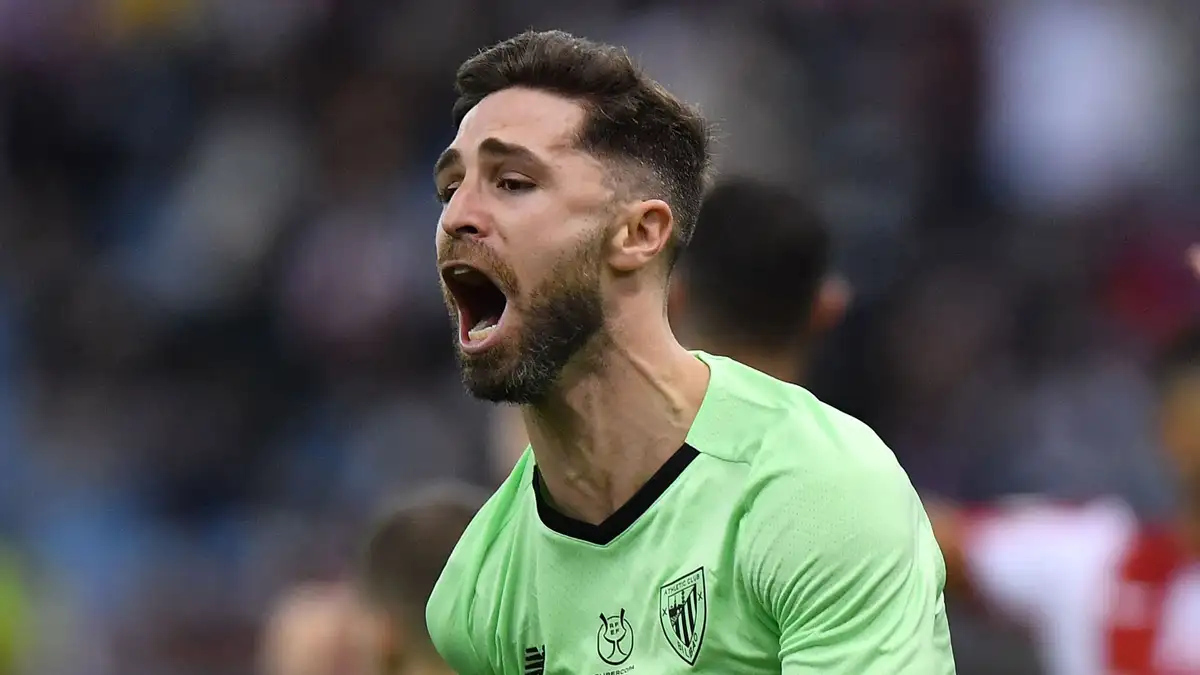
Athletic Club Star Yeray Álvarez Blames Hair Loss Treatment After Failed Doping Test Leads to UEFA Suspension
What Happened After the Man Utd Clash?
The football world was stunned this week as Athletic Club defender Yeray Álvarez was handed a lengthy ban by UEFA following a failed doping test taken in the aftermath of a Europa League clash with Manchester United. The test, carried out on May 1, 2025, revealed the presence of Canrenone, a substance prohibited under the World Anti-Doping Agency (WADA) list.
The fixture itself had already been a difficult night for Athletic, who fell 3-0 at San Mamés to United in the first leg of their Europa League semi-final. But the final whistle marked only the beginning of a much more serious problem for Yeray and his club.
On Monday, UEFA confirmed that Álvarez, 30, will be suspended until April 2, 2026 — a 10-month ban that rules him out of the majority of the 2025-26 season.
UEFA’s Official Statement on the Doping Ban
UEFA’s disciplinary body laid out the full timeline in a detailed statement. The governing body emphasized that the violation was deemed “non-intentional”, but still carried serious consequences:
*”On 1 May 2025, Athletic Club player Yeray Álvarez underwent an in-competition doping control carried out by UEFA following a UEFA Europa League match.
The analysis of the player’s sample by a WADA-accredited laboratory revealed the presence of Canrenone, which is a substance prohibited in- and out-of-competition under the category S5. Diuretics and Masking Agents of the 2025 WADA Prohibited List.
On 2 June 2025, the player accepted a voluntary provisional suspension having effect from that date.
Following the opening of disciplinary proceedings against the player on 10 June 2025, two UEFA Ethics and Disciplinary Inspectors conducted an investigation and the case was submitted to the UEFA disciplinary bodies for decision.
At its meeting on 19 August 2025, the relevant UEFA disciplinary body decided to suspend the player for ten (10) months, starting from the date of the provisional suspension (i.e. 2 June 2025) and ending on 2 April 2026, for committing a non-intentional anti-doping rule violation.
In accordance with Article 10.14.2 of the UEFA Anti-Doping Regulations, the player may return to train with a team or use the facilities of a club in the last two months of his period of ineligibility, i.e. as of 2 February 2026.”*
This careful wording shows UEFA’s attempt to balance both sides: acknowledging no malicious intent from the player while still reinforcing the seriousness of anti-doping rules.
Yeray Álvarez: “It Was Hair Loss Treatment”
Shortly after UEFA’s announcement, Álvarez released his own statement. In it, he attributed the failed doping test to something almost unthinkable: a hair loss treatment.
“After studying the case, we have established that I tested positive because I unintentionally took a hair loss prevention medicine containing a banned substance,” he explained.
Álvarez continued: “The disciplinary procedure is currently under investigation and subject to confidentiality so I am provisionally suspended and am not authorised to make any further public statements. I very much regret this situation but, with the support of the club, I am working on my defence in the belief that I will be able to return to the field of play as soon as possible.”
It’s a rare glimpse into the sometimes hidden risks athletes face when dealing with everyday medical treatments. A medication that many ordinary people might take without second thought has derailed almost a year of Álvarez’s career.
The Substance: What Is Canrenone?
For those unfamiliar with anti-doping regulations, Canrenone may sound obscure. It is, in fact, a metabolite of spironolactone — a diuretic sometimes used in hair loss treatments.
Under WADA’s rules, substances like Canrenone are banned because they can act as “masking agents.” In simple terms, they can obscure the presence of other, performance-enhancing drugs in the system. Even if the substance is taken for non-performance reasons, its ability to interfere with testing makes it prohibited.
This distinction — intent versus effect — is why Álvarez was classified as committing a “non-intentional” violation. Still, under strict liability principles, athletes are ultimately responsible for what enters their bodies.
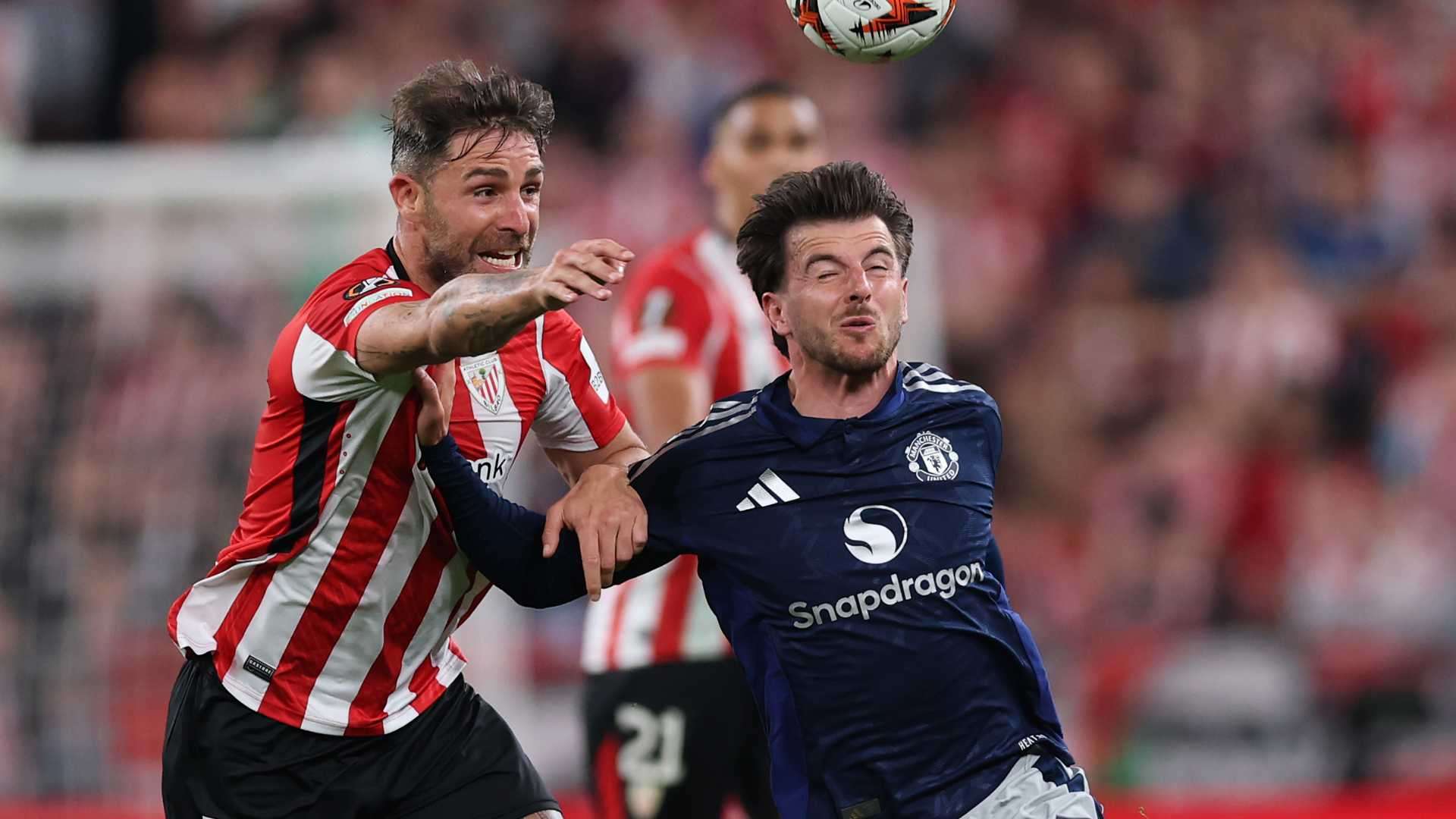
yeray alvarez
The Bigger Picture for Athletic Club
For Athletic, the suspension is a hammer blow. Yeray Álvarez has been a cornerstone of their backline for years, valued not only for his defensive reliability but also for his leadership.
The Basque side are already facing the demands of competing domestically in La Liga while managing European commitments. Losing such a key defender until April 2026 disrupts their plans for stability at the back.
Coach Ernesto Valverde will now have to reshuffle his defence, perhaps turning more responsibility over to younger players or relying on transfer market reinforcements.
A Career Interrupted
At 30, Álvarez was at a critical stage of his career. He had survived previous health battles — notably testicular cancer in 2017 — and rebuilt himself into one of La Liga’s most respected defenders.
To see his momentum cut short by what he describes as a simple medical misstep feels cruel. This suspension not only removes him from Athletic’s plans but could also damage his chances of ever returning to the Spanish national team setup, where competition for places is already fierce.
What Next for Yeray Álvarez?
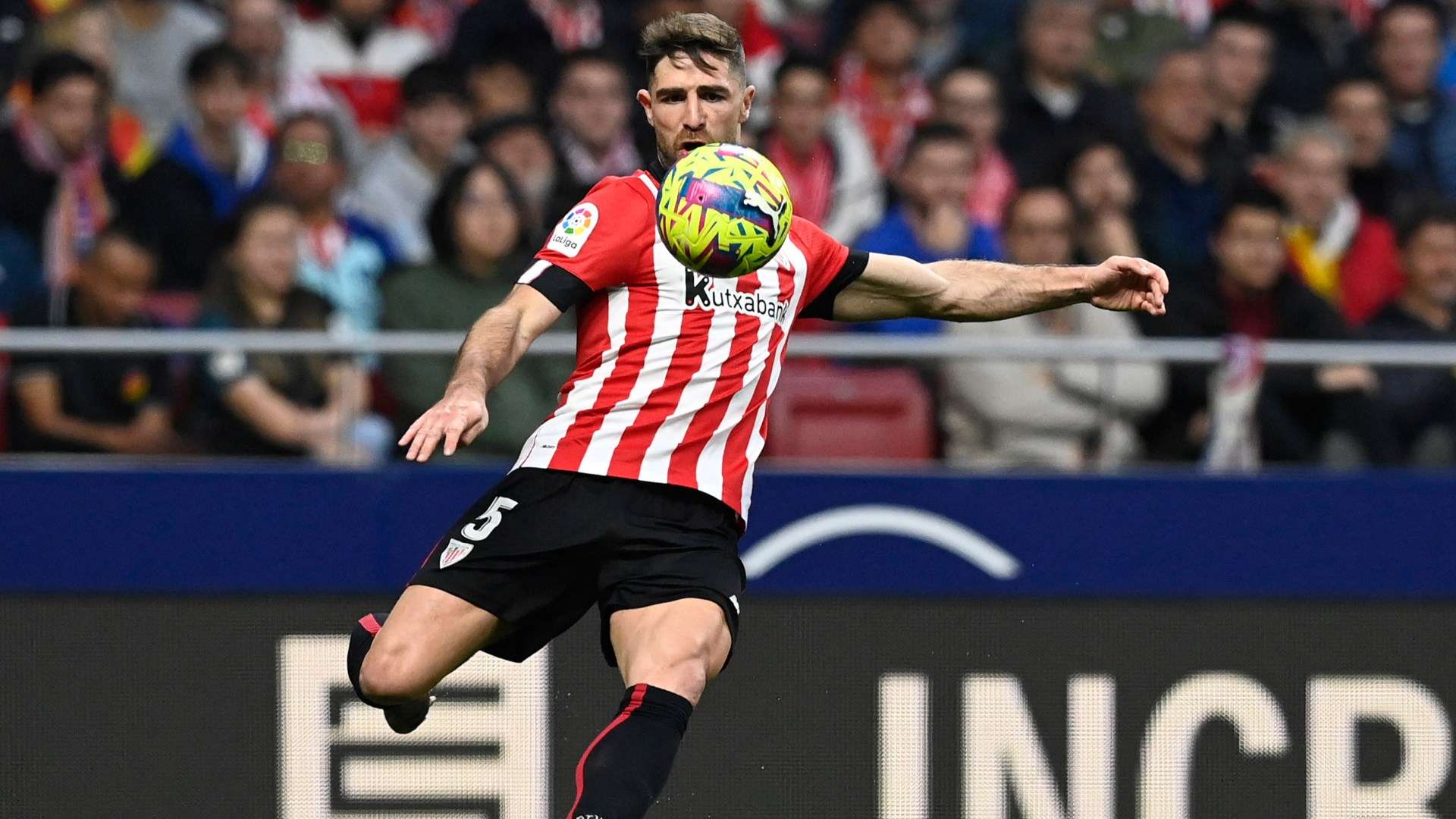
Yeray Alvarez
The defender will be barred from competitive matches until April 2, 2026, though UEFA’s ruling allows him to return to training with Athletic from February 2026. That two-month window will at least give him a chance to regain fitness before stepping back into official matches.
In the meantime, Álvarez and his legal team are working on his defence, hoping perhaps to appeal for a reduction in the ban. The fact that UEFA classified the violation as non-intentional might give him a slim opening, but overturning or reducing such suspensions has historically proven difficult.
The Club’s Position
Athletic Club have stood firmly behind their player, emphasizing his character and professionalism. Their stance suggests they view the matter as an unfortunate accident rather than misconduct.
Still, the practical reality remains: one of their most experienced defenders will be absent for nearly an entire season. For a club that prides itself on stability and local talent, this is both a sporting and emotional setback.
Conclusion: A Modern Football Dilemma
The case of Yeray Álvarez is yet another reminder of the complexities of modern football. Players are under immense pressure, not only to perform but also to carefully monitor everything they consume. Supplements, medicines, even hair loss treatments — all come under scrutiny in a world where the margins are razor thin.
Álvarez’s explanation may sound unusual, but it highlights a truth many athletes live with daily: the line between ordinary health care and a banned substance can be perilously thin.
For Athletic fans, the hope will be that their defender returns stronger in 2026, adding another chapter to his story of resilience. For UEFA, the case reinforces a strict anti-doping stance. And for the rest of football, it’s a cautionary tale that even the most routine treatments can carry career-changing risks.



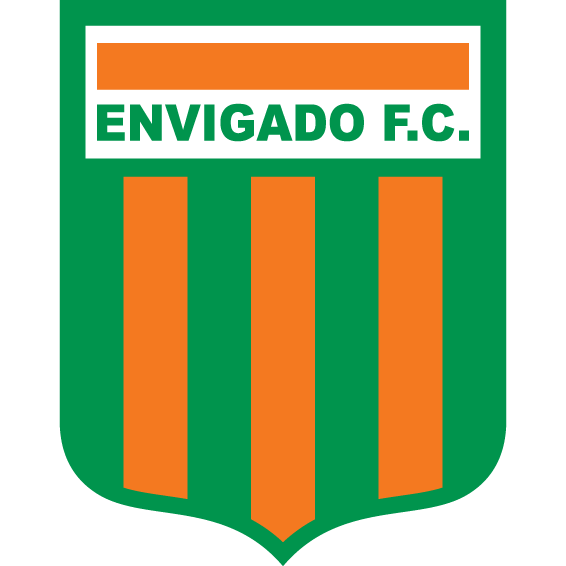
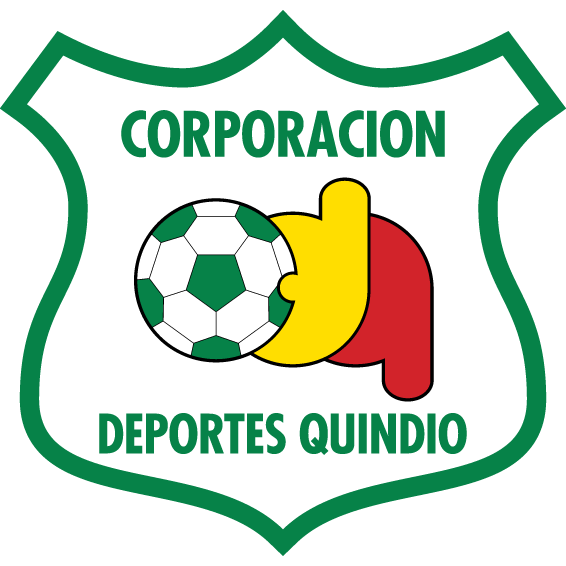


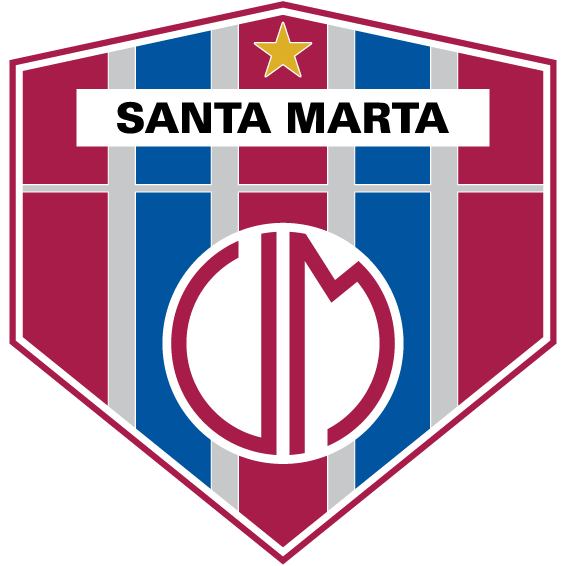

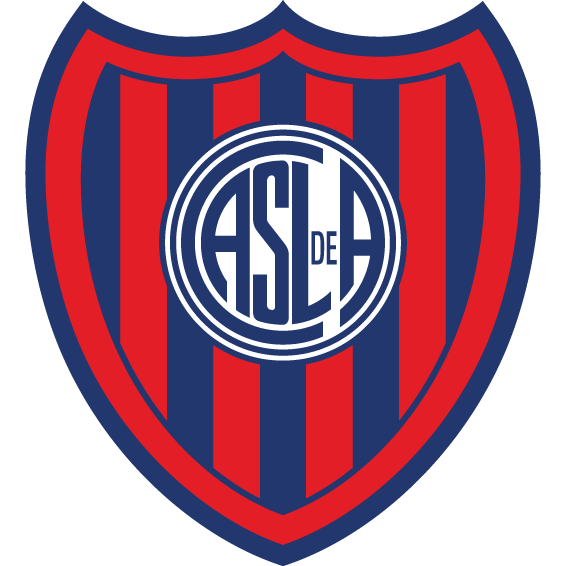
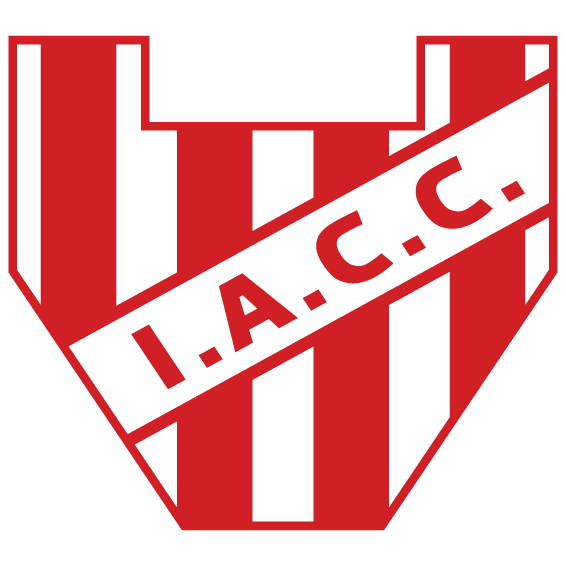

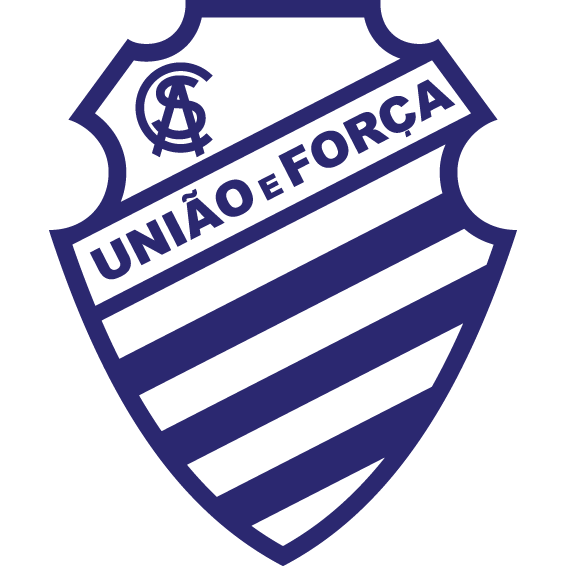
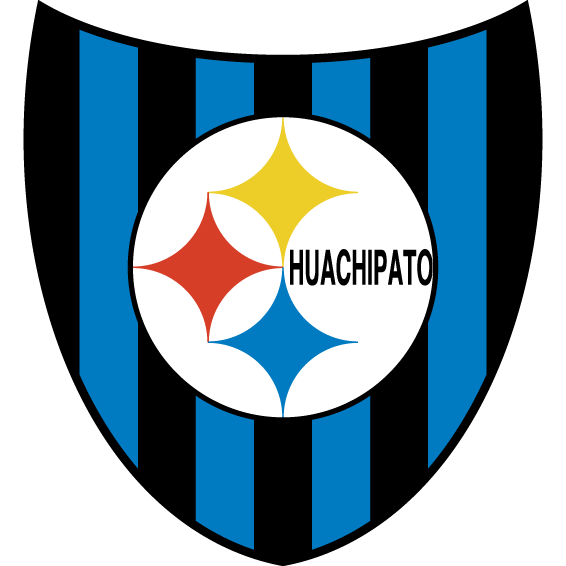
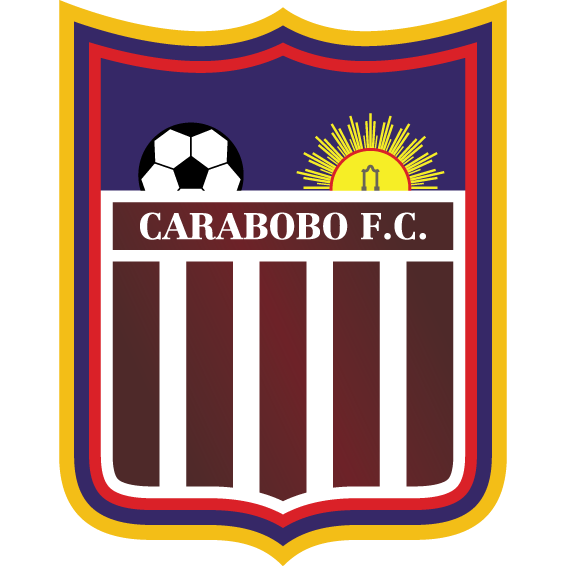
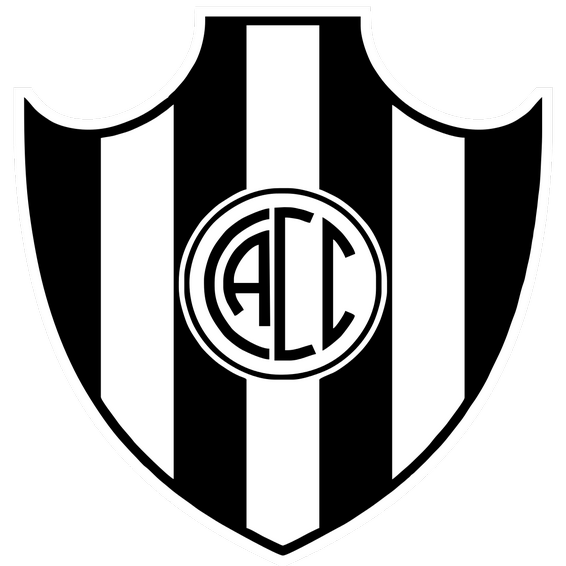
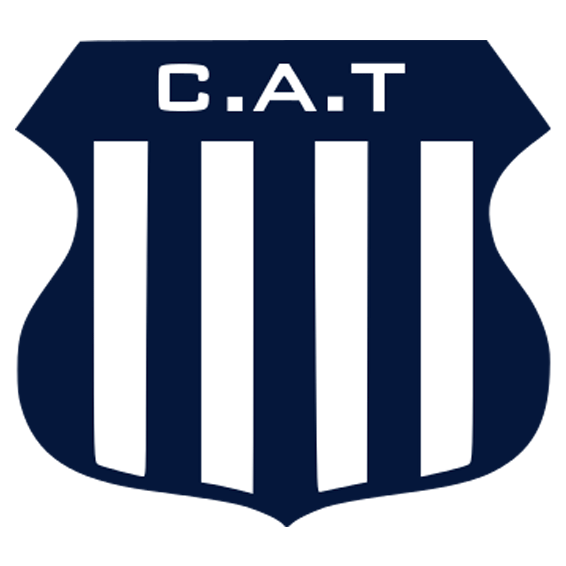























There are no comments yet. Be the first to comment!